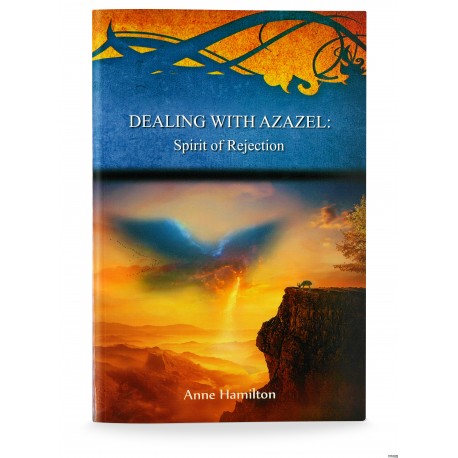Authors tread a hard road to bring our words into print. Knock-back rejections can drive us into foetal positions, vows to give up writing. To use our time with real jobs like accountancy.
Or we learn to handle rejection, and learn from it.
For those who still hope to hook a publisher, take heart. Big name authors were rejected many times by publishers, who now regret that.
Mega author, J. K. Rowling has hooked youngsters to read doorstop-size books. Harry Potter featured large at recent Book Week parades. A dozen publishers, including Penguin and HarperCollins, rejected her. (Now the woke lobby reject her. If anyone deserves the right to speak out, Rowling does. Yet because she resists the trans agenda, she is de-personed and a target for death threats.)
• C.S. Lewis is said to have received around 800 rejections before he sold a single piece of his writing.
• Orwell’s Animal Farm copped “It’s impossible to sell animal stories in the USA.”
• The Diary of Anne Frank: “This girl doesn’t, it seems to me, have a special perception or feeling which would lift that book above the curiosity level.”
Polish that manuscript. When it gleams, submit. Hold breath rather longer than wise (Pray. Sigh.)
Review. Reflect. Or React– self-publish
Many of us choose to self-publish. With experience and out-sourcing aspects outside our skill-set, we can produce a book in hand in a fraction of time that big houses take. Along the journey, we encounter many steps of the process.
We can apply the lessons learned from personal rejections in life. My past year was constricted by abuse on various fronts–and backs. Doors slammed in my face. I'm grateful for Anne Hamilton's support and wisdom, especially in her book Dealing with Azazel: Spirit of Rejection. Her recent book Dealing with Beliel: Spirit of Armies and Abuse is on my bedside table. Anne challenged me to confront and to call out bullies–and also those complicit in it.

Review. Reflect. React.
Anger turned inward equals depression. Thanks to Anne's insights, I feel energised and invigorated to call out abuse.
Which led me to a 70-year break-through to RECONCILIATION
Long story short. Aggro and jealousy since I was born led someone to de-person me. Triggers blocked my ability to create, my very being.
Over the decades, I attempted to reconcile. But it takes two to tango.
REPENT
I faced and acknowledged my own knee-jerk missteps on tender toes, times I had retaliated. Confront, call out. A brother's funeral led me to articulate a radical step:
A brother's funeral led me to articulate a radical step:
"Unless X attempts some reconciliation, that person is not welcome at my funeral." (Whenever...)
We broke ice with superficial, tentative communication. Next steps warmer and more genuine.
RECONCILE! Drumroll
This antagonist of a whole lifetime will next week host an afternoon tea with cake and bubbles for my birthday.
Hallelujah!

In this blog thought to venture into the reactive F-words like:
- FLIGHT
- FIGHT
- FREEZE
- FORGET
- FORESTALL
But Anne Hamilton covers these better than I can. Do check out her books!
Once converted to become an indie publisher, RUTH BONETTI has produced books for those who perform Words and Music. Her Speak Out–Don't Freak Out is now available on audio book.
Which led Ruth to a new project; narrating her award winning Trilogy Midnight Sun to Southern Cross while she awaits prompts for fresh writing. Listen to an introduction and Chapter 1 of Burn My Letters here. She offers her new expertise to narrate other authors’ books.
Order autographed copies of Ruth's books.




















